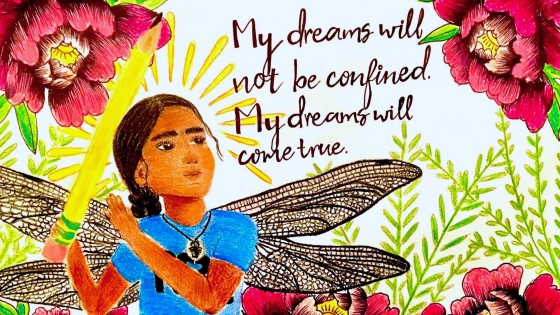Since 2021, 36 states have made efforts to restrict education on any and all race-related topics, from racism and Critical Race Theory to contributions made by particular racial or ethnic groups (Stout & Wilburn, 2022, February 1). In 16 of those states, race-related education has been banned altogether. These include Alabama, Florida, Georgia, Idaho, Iowa, Kentucky, Mississippi, Montana, New Hampshire, North Dakota, Oklahoma, Tennessee, Texas, Virginia, West Virginia, and Wisconsin. Educators, teacher educators, and education researchers around the country increasingly express well-founded fears that they will lose their livelihoods for daring to invoke such “inflammatory” language as social justice, equity, bias, white privilege, and meritocracy. With campaigns to ban books that tell the truth about U.S. history, ban words that tell the truth about who young people are, and ban ideas that would dare challenge the status quo, it sometimes feels like we are moving backwards. Yet there are many reasons for hope. In seven of the 36 states where bills to thwart efforts toward honest and accurate education have been filed or passed, lawmakers on the right side of history have countered the opposition with initiatives that center truth-telling and fostering educational environments where all students can thrive. An additional 10 states that have been (thus far) spared from assaults by conservative lawmakers have enacted or expanded laws and policies that secure students’ access to culturally responsive and sustaining education. Furthermore, in April 2022, the Schott Foundation issued a press release announcing a multi-partner initiative with the NYU Metro Center, Race Forward, and a funders collaborative to provide grants and technical assistance to community groups fighting attacks on anti-racist education and winning reforms across the country
This new issue of Voices in Urban Education (VUE) is also cause for optimism. Part two of a two-part series on Culturally Responsive and Sustaining Education (CRSE), it features the work of practitioners, activists, and scholars sharing valuable insights on what we at the NYU Metro Center define as “student-centered learning environments that affirm cultural identities; foster positive academic outcomes; develop students’ abilities to connect across lines of difference; elevate historically marginalized voices; empower students as agents of social change; and contribute to individual student engagement, learning, growth, and achievement through the cultivation of critical thinking.” The articles in this issue of VUE are organized into three sections: Commentaries on Urban Education, which consist of technical comments, opinions, and narratives of experience and/ or guidance from leaders at the forefront of important conversations and issues in urban education; Conversations in Urban Education, which consist of interviews (in-person transcripts or electronic correspondence) with thinkers, leaders, advocates, and students at the forefront of struggles for equity in schools; and Research Perspectives in Urban Education, which consist of more traditionally academic research or theoretical pieces. I hope our readers will feel inspired and affirmed by the wisdom found in these pages.

